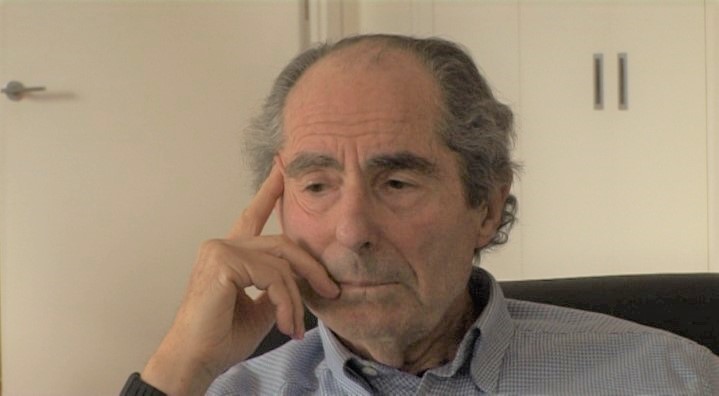NEXT STORY

No books in our house
RELATED STORIES

NEXT STORY

No books in our house
RELATED STORIES


|
Views | Duration | |
|---|---|---|---|
| 41. Nemesis (and Madame Bovary) | 462 | 02:55 | |
| 42. Early days | 376 | 02:05 | |
| 43. School is a wonderful invention | 465 | 02:32 | |
| 44. Discovering the world of literature | 550 | 02:05 | |
| 45. My brother's reading list | 572 | 03:10 | |
| 46. No books in our house | 427 | 04:24 | |
| 47. The radio | 319 | 01:28 | |
| 48. Uncle Mickey | 324 | 02:17 | |
| 49. Our neighborhood's mission | 298 | 01:20 | |
| 50. My altruistic father | 346 | 02:11 |


Then in high school I read what we had to read for school, and I think it was in my second year of high school that my brother came home from the Navy. He'd been two years in the Navy after the War, and he enrolled at Pratt Institute, which is in Brooklyn. He was an art student; he was studying commercial art, and one... probably in summer, I was probably 13 or 14, one summer he brought home a newspaper, the college newspaper, and there was a list of books recommended for summer reading for the students. And I... I took that, and I went to the library, and I found all these books: Portrait of the Artist as a Young Man, Ulysses, Sinclair Lewis - Babbitt… Let's see, what else was on there? And, Look Homeward, Angel, by Thomas Wolfe... and Sherwood Anderson's Winesburg, Ohio.
And when I began to read Look Homeward, Angel I was transported; Wolfe... Wolfe transported adolescent boys in the 1930s and '40s. He lived only to be 38, he died in 1938, and he was... half a genius, not a whole genius. But what his hero was living was an epical existence: his hero was all appetite — sensual appetite, intellectual appetite, geographic appetite — he'd go wandering through cities, walking the streets, and so on. And he was a kind of colossus. And the, he… and the prose was highly lyrical and very propulsive, and I just swooned. There were... there were four big novels that Wolfe had written: Look Homeward, Angel and Of Time and The River are about a hero named Eugene Gant, who grows up in the south, as Wolfe did. And his second two books have a hero named George Webber, and they're called The Web and The Rock, and a very famous one called You Can't Go Home Again.
And I read them, and they're about 800 pages apiece, and I got my friends to read them. And I was... I was excited; I had no idea of being a writer myself, of course, but that list that my brother brought home was... was tremendously helpful to me. I had no guidance otherwise, and this was guidance, you know?
The fame of the American writer Philip Roth (1933-2018) rested on the frank explorations of Jewish-American life he portrayed in his novels. There is a strong autobiographical element in much of what he wrote, alongside social commentary and political satire. Despite often polarising critics with his frequently explicit accounts of his male protagonists' sexual doings, Roth received a great many prestigious literary awards which include a Pulitzer Prize for fiction in 1997, and the 4th Man Booker International Prize in 2011.
Title: My brother's reading list
Listeners: Christopher Sykes
Christopher Sykes is an independent documentary producer who has made a number of films about science and scientists for BBC TV, Channel Four, and PBS.
Tags: Pratt Institute, Brooklyn, Portrait of the Artist as a Young Man, Ulysses, Babbitt, Look Homeward Angel, Winesburg Ohio, Of Time and the River, The Web and the Rock, You Can't Go Home Again, Sinclair Lewis, Thomas Wolfe, Sherwood Anderson
Duration: 3 minutes, 10 seconds
Date story recorded: March 2011
Date story went live: 18 March 2013